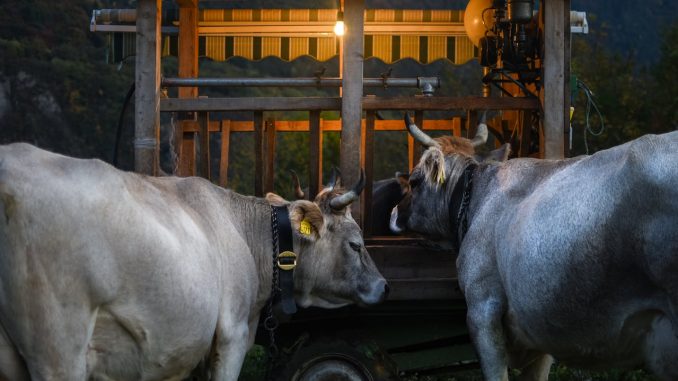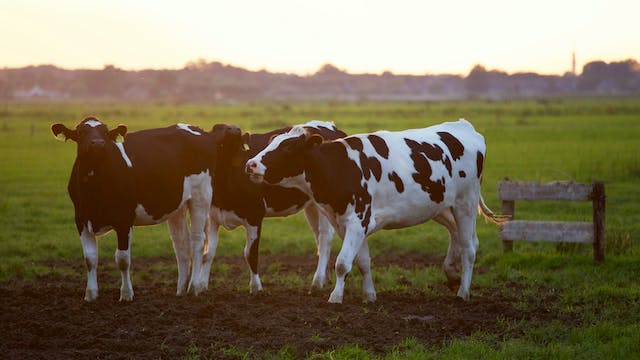
In the expansive world of agriculture, where the well-being of livestock directly correlates with the success of a farm, large animal farm vets play a crucial role. These specialized veterinarians are dedicated to the health and welfare of large farm animals, ensuring their optimal care and addressing any medical concerns that may arise. In this article, we will explore the indispensable contributions of large animal farm vets and the unique challenges they face in safeguarding the health of the agricultural industry’s backbone.
Expertise in Diverse Species:
 Large animal farm vets possess a broad range of skills and knowledge to cater to the diverse needs of farm animals. From cows and horses to sheep and pigs, these veterinarians are well-versed in the anatomy, physiology, and behavior of various species. Their expertise enables them to provide comprehensive healthcare solutions, including preventive measures, routine check-ups, and prompt intervention in case of illnesses.
Large animal farm vets possess a broad range of skills and knowledge to cater to the diverse needs of farm animals. From cows and horses to sheep and pigs, these veterinarians are well-versed in the anatomy, physiology, and behavior of various species. Their expertise enables them to provide comprehensive healthcare solutions, including preventive measures, routine check-ups, and prompt intervention in case of illnesses.
Preventive Care and Vaccination:
One of the primary responsibilities of large animal farm vets is to establish effective preventive care programs for farm animals. This includes designing vaccination schedules to protect animals from common diseases prevalent in the region. Vaccination is a critical aspect of maintaining herd health, and these veterinarians work closely with farmers to ensure that all animals receive timely and appropriate vaccinations, minimizing the risk of disease outbreaks.
Routine Health Checks and Disease Detection:
Large animal farm vets conduct routine health checks on farm animals to identify potential issues before they escalate. Regular check-ups involve examining animals for signs of illness, assessing their overall condition, and providing necessary treatments or recommendations. Early detection of diseases is essential to prevent the spread of infections within the herd and to implement appropriate containment measures promptly.
Emergency Care and Surgical Interventions:
In addition to routine health checks, large animal farm vets are prepared to handle emergencies. Accidents, injuries, and sudden illnesses can occur at any time, requiring immediate attention. These veterinarians are equipped to provide emergency care, administer medications, and perform surgical interventions when necessary. Quick and skilled responses during emergencies can be crucial in saving the lives of valuable farm animals.
Nutritional Guidance and Management:
Large animal farm vets also play a vital role in ensuring the nutritional needs of farm animals are met. They offer guidance on proper feeding practices, formulate balanced diets, and address nutritional deficiencies. Proper nutrition is fundamental to the overall health, growth, and productivity of livestock, making the input of large animal farm vets invaluable in optimizing farm operations.
Conclusion:
In the realm of agriculture, large animal farm vets serve as guardians of livestock health, contributing significantly to the success and sustainability of farms. Their expertise, encompassing a wide range of species and health aspects, ensures that farm animals receive the best possible care. As the agricultural industry continues to evolve, the role of large animal farm vets remains indispensable in safeguarding the well-being of the animals that form the backbone of our food supply.

Leave a Reply